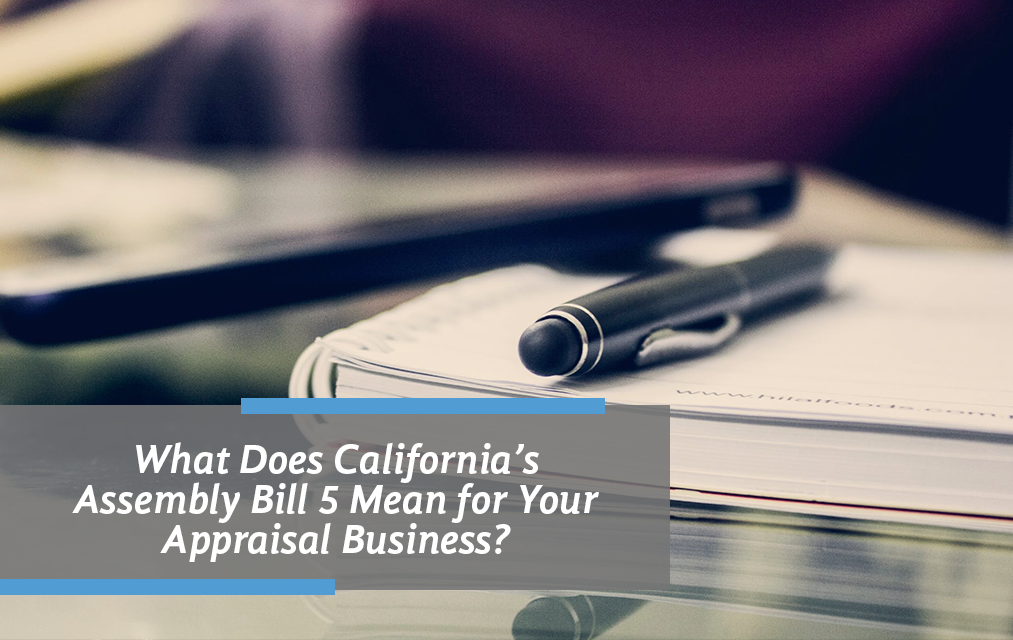
In September of 2019, California Governor Gavin Newsom signed and passed Assembly Bill 5 (AB5), which went into effect on the first of this year. Nicknamed “The Gig Worker Bill,” legislators created the bill to provide tighter regulations that will affect many companies in the state that use independent contractors.
As its nickname would suggest, AB5 targets companies like Uber and Lyft , which employ hundreds of thousands of drivers around California alone. These companies are a part of the “gig economy”: a collective of companies that employ people as independent contractors instead of permanent employees. Initially, workers saw value in working independently. These unconventional jobs allow flexible scheduling and enable people to work as many hours as they need. Contractors are also given the freedom to act without adhering to excessive direction. However, critics have voiced that these industries are harmful in more ways than one.
Companies are not required to give independent contractors the necessities that conventional employees are provided. Independent contractors are not entitled to minimum wage, benefits, paid sick leave, or reimbursement for work-related expenses — all of which are costs many companies would prefer to cut back on (or withhold entirely). Thanks to the codes and clarifications of AB5, companies that operate under “gig” models must now reclassify many of their workers as permanent employees.
Although companies all over California are not happy with the heavily increased labor costs associated with conventional employment, AB5 has indeed made many workers happy. But what does this bill mean for independent appraisers? How will your business be impacted by this drastic change? Let’s look further into California Assembly Bill 5.
What Is AB5?
AB5 was created in response to the ruling made in the Dynamex Case: a case between the Supreme Court of Los Angeles and Dynamex Operations West. It was decided in this case that a meticulous test must be used to determine whether a worker is an independent contractor or an employee. Commonly called the “ABC test,” the hiring company must be able to prove that a worker meets all three criteria.
In order to be categorized as an independent contractor, the hired worker must:
-
Be free to provide services without any control or direction from their employer.
-
Perform tasks that aren’t within the typical course of the hiring party’s day-to-day activities.
-
Perform work for the hiring party that accurately reflects the independently established trade in which they are formally committed.
With AB5 in effect, the ABC test must now be considered the standard for which businesses hire and classify their workers.
AB5 and Appraisal
The ABC test is significantly more difficult to pass than previous terms under prior state law. Meeting all three requirements can be challenging for both appraisal firms and appraisal management companies (AMCs). Both firms and AMCs may struggle specifically with Part B: determining whether or not their work falls outside the typical course of the firm or AMC’s business.
If you work at a commercial appraisal firm and are already listed as a permanent employee, you probably don’t need to worry about the effects of AB5. Regardless, documenting your business-to-business interactions and being thorough in discussing the nature of your business relationship under the ABC test is good practice, whether you’re at a firm or not. Doing so will ensure that you and your clients are protected from being penalized under the bill.
Today, there are over 50 job titles listed that are exempt from AB5. Lobbyists from these professions fought against the bill prior to its passage, stating that it would be restrictive to many independent business owners. Here are some of the jobs exempt from the bill:
- Doctors
- Lawyers
- Dentists
- Insurance agents
- Accountants
- Real estate agents
- Hair Stylists
- Engineers
- Stockbrokers
Appraisers are not currently included in this list and currently the Appraisal Institute’s California chapters have their lobbyists working on obtaining an exemption for appraisers. However, the exemption of similar contracting job titles from AB5 is a promising sign that these constraints could be released among the commercial appraisal trade. For the time being, your best hope of exemption from AB5 as an appraiser is to ensure that you meet the requirements of a business-to-business service. Thankfully, this shouldn’t be difficult for commercial appraisers who solely provide their services to other businesses.
Here are a few of the requirements necessary for a B2B exemption:
- An AMC must work contract with an actual licensed appraisal business (LLC, corporation, partnership, sole-proprietor, etc.) to perform their service and not an individual appraiser.
- Appraisers must have the necessary business license and pay the required taxes in the jurisdiction where their work is performed.
- AMCs must be able to prove that the appraiser is providing services directly to them and not the AMC’s customers. As the appraiser’s client is typically defined as a lender, this could be challenging.
- AMCs must be able to provide evidence that the appraiser is supplied with their own equipment.
Only time will tell how AB5 will affect commercial appraisers in the long-term. If you are unsure of the steps your business should take, seek legal counsel from a lawyer with knowledge of California’s employment laws.
